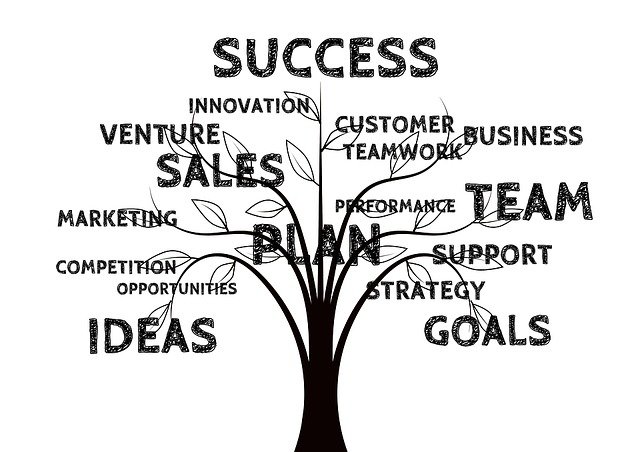Training as part of the CRM Implementation process.
By Shabana Reddy
Don’t leave training until the end – training is often considered the last component of an implementation. Training receives the least funding and results in end-users receiving a new application at the last minute. Give your end-users as much time as needed with the new solution before going live–it makes the transition that much easier. Training should begin immediately following integrator and software selection. The sooner training begins, the sooner end-users realize they’re part of the process and the quicker they realize the benefits of the application. Also, the training curriculum needs to mirror the business processes of each department. “Training should begin as soon as the vendor is selected,” says Suda Harvard, CRM specialist for Global Knowledge. “The more time to train, the better off you are.”
Choose a champion of change – when making a full-suite implementation, start with a single department and let the dominos fall into place. Choose a department with a manager who is behind the implementation, realizes its benefits, and whose department will also find the most success early on. Nothing jump-starts a CRM implementation more than a manager who always has that can-do attitude. Once other departments begin to see this success, they should follow suit. CRM success can be contagious. The key to this strategy is choosing a department manager you know can make it happen, other departments will start to think, ‘Hey, that looks pretty good. Why can’t we do that?’


